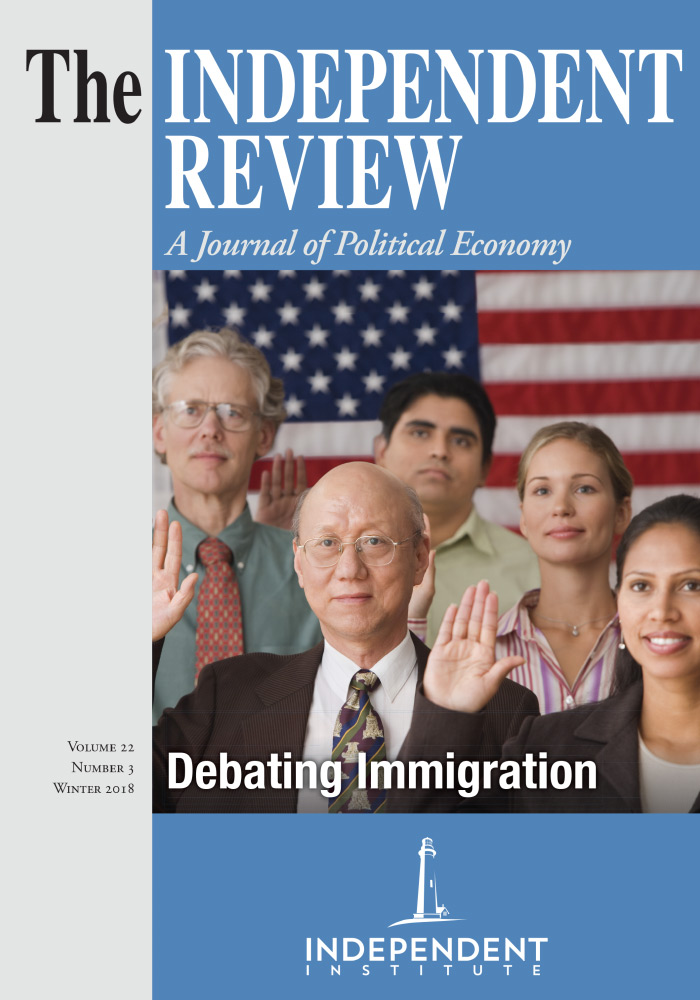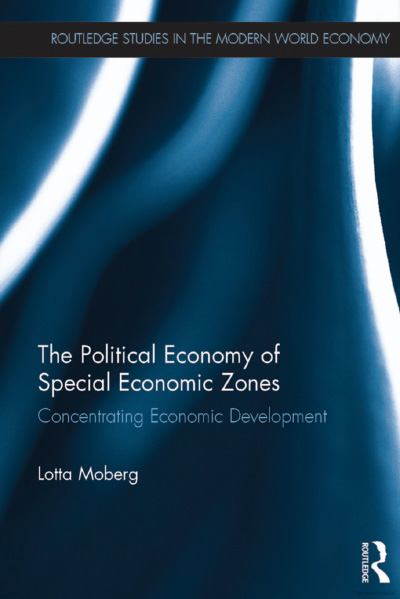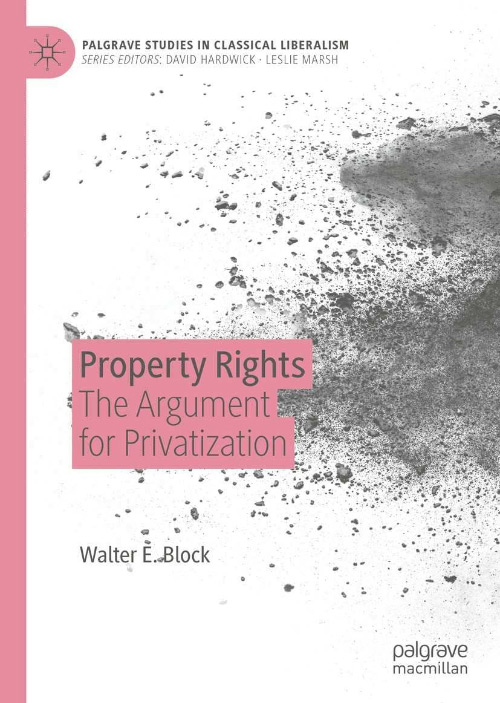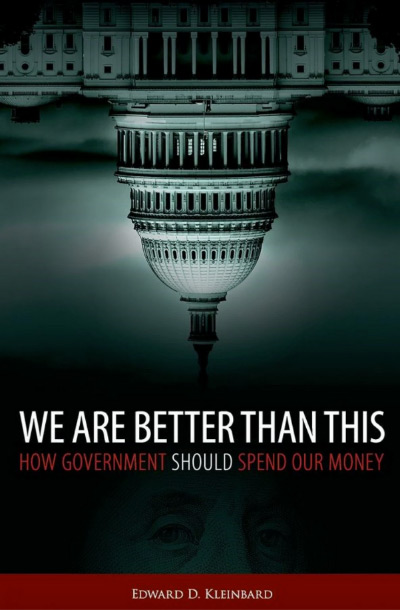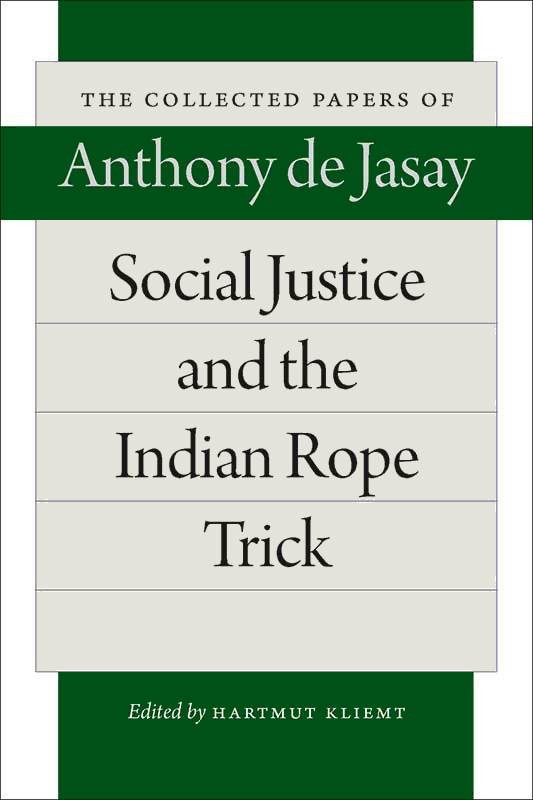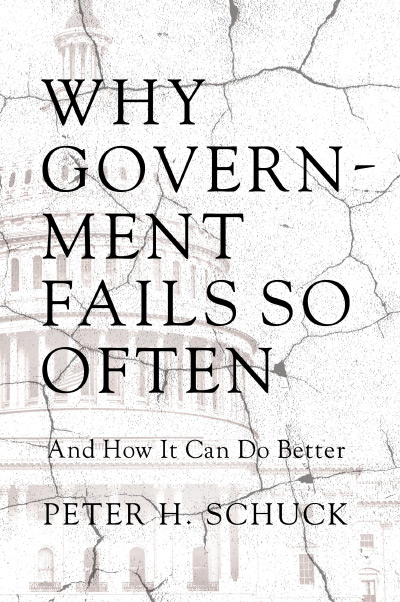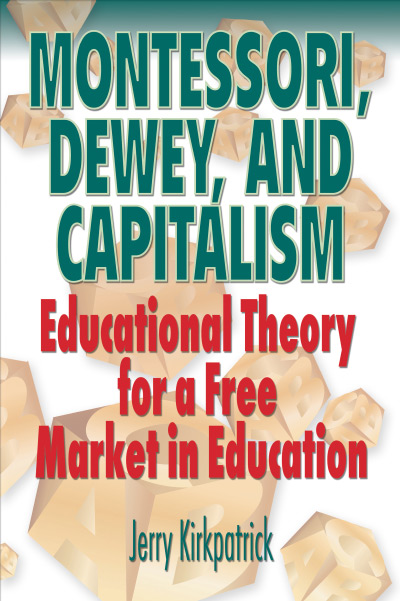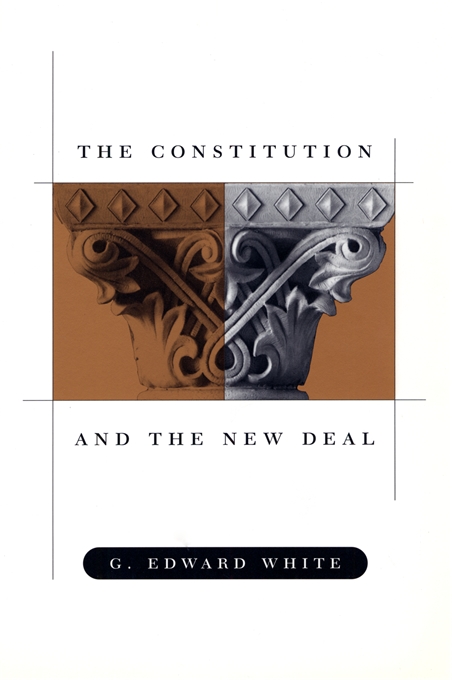According to “Investopedia” (http://www.investopedia.com/terms/s/sez.asp), special economic zones (SEZs) are “special” areas of a nation with rules and regulations of activity, especially economic activity, that differ from the rest of the nation. These SEZs are often in less developed nations, and are a means of attracting direct foreign investment.
Among the first well-known examples were the four SEZs in China: Shenzhen, Zhuhai, Shantou and Xiamen, dating from 1980. In some ways, SEZs are simply a way of targeting subsidies, with lower taxes, much reduced rates of trade protection, and excused leap-frogging of cumbersome regulations that hinder new business start-ups in the rest of the country. Since this formula for fostering growth is well-known to be effective in most countries, a wag might suggest the complementary strategy: open up the whole country, except a few stupid economic zones, including the nation’s capital, where bureaucrats and regulators can be safely locked up to gnaw on the bones and gristle of their imaginary utopias.
But that seems unlikely, and creating a few SEZs may be the best we can hope for. In her new book The Political Economy of Special Economic Zones, Lotta Moberg—an analyst at William Blair, the investment banking firm—admits to her own initial skepticism, something like my caricature above. That is, if this works, why restrict the useful regime to a small area? Why not restrict the restrictions, instead?
The answer Moberg gives, though not quite in these words, is that SEZs enable permissionless innovation (for some background, see Adam Thierer’s 2014 book, Permissionless Innovation: The Continuing Case for Comprehensive Technological Freedom; Arlington, VA: Mercatus Institute). As Moberg notes,
SEZs do not require the government to set spending targets or to direct investments. By creating a space where companies find it attractive to invest, the zones can grow up organically, with all the hallmarks of a free market, and create opportunities for workers and other companies in the host country. (p. x)
That’s really quite interesting. It’s not just the “subsidies” the come from the suspension of taxes, tariffs, and regulations. It’s the insulation from the regulatory apparatus itself that counts. Of course, that makes the market sound like a fragile, exotic orchid, capable of growing only in the controlled and insulated conditions of the hothouse.
But that has not been the experience of the world with SEZs. Instead, by some measures at least, the SEZs have been quite successful. Moberg unpacks the measures of this success in a very sensible way, however. She offers some sober reflections on whether the often breathless enthusiasm with which SEZs are discussed in the development literature is justified.
On the negative side, it’s clear that politicians find it useful to be able to create SEZs and then claim credit for the ensuing flurry of economic activity. To the extent that rules regarding access spur a carnival of rent-seeking, it is obvious that politicians can also expect explicit and implicit benefits from the firms and organizations seeking the rents. Further, there is always the problem of the unseen: where did firms not invest, because they were diverted to SEZs? What resources failed to be deployed in ways that produced actual profits rather than the artificial profits resulting from subsidies and tax relief?
On the other hand, we can’t do everything; that shouldn’t deter us from trying to do something. Compared to the hare-brained schemes and often racist manipulation of many top-down development programs SEZs are relatively harmless. They can in fact produce quite a few jobs, and develop some experience with capitalism in nations where such experience is hard to come by. They can begin the development of at least rudimentary capital markets, which may well metastasize beyond the borders of the SEZ with time.
And that is the most hopeful possibility, as Moberg sees it: “SEZs real promise lies in their political, rather than their economic, effects. By changing the political dynamics of a country, they can set it on a reform path that would have been politically impossible in their absence” (p. xi).
| Other Independent Review articles by Michael C. Munger | ||
| Spring 2024 | Following Their Leaders: Political Preferences and Public Policy | |
| Spring 2024 | The Origins and Evolution of Consumer Capitalism; Crack-Up Capitalism | |
| Winter 2023/24 | The Classical Liberal Diaspora | |
| [View All (79)] | ||

